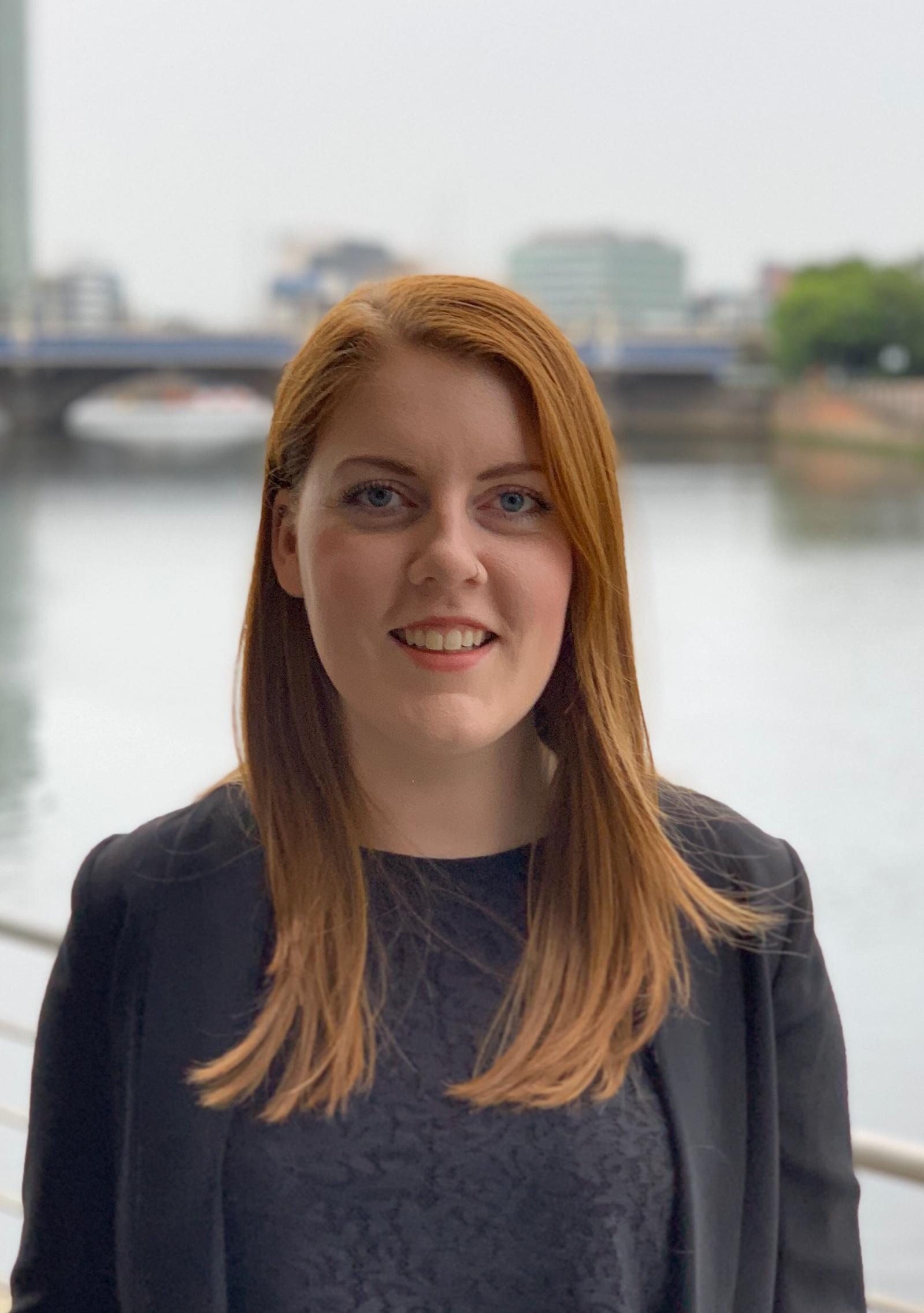Cancer in the Covid era
Dr Felicity Lamrock
Cancer in the COVID era – screening, recovery, and data analytics

Cancer screening is a critical component of our armamentarium against
cancer, facilitating identification of those at risk of developing the disease at the earliest stage, and informing effective health management of the newly-identified patient when cancer is at its most vulnerable.
Striving for optimal health, resource utilisation is particularly relevant in the context of the coronavirus pandemic, with COVID-19-repurposing of our
health service leading to unintended de-prioritisation of non-COVID-related activities, including cancer screening.
The rapid reconfiguration in healthcare in response to the COVID-19
pandemic and a desire to mitigate infection risk, has already profoundly affected cancer care; a 29% reduction in cancer survival has been predicted
Cost-effectiveness analysis must be included in any screening model, to ensure the best use of often-limited resources and deliver sustainable solutions. In addition to this, developing robust COVID-era cancer screening requires new, more precise data-enabled modelling approaches, which will have relevance locally, nationally and globally.
The research team is building innovative robust models that investigate the complex interplay between cancer development, cancer screening methodologies, health economics and health service implementation, evaluated within several scenarios that mimic different degrees of the adverse impact of COVID-19 on cancer screening, This iterative research will permit the derivation of the most optimal robust models for cost-effective cancer screening, both during and after the COVID-19 pandemic.
The adverse effects of the COVID-19 pandemic on cancer services is predicted to be severe, with research highlighting an approximate 80% reduction in urgent referrals for cancer and a 70% reduction in chemotherapy attendances. Additionally, it is predicted that these adverse effects will be particularly experienced in those communities who already are experiencing health inequalities.
This research will be used to drive policy change regionally, through our links to the Public Health Agency and Department of Health and Social Care, in collaboration with the Strategic Investment Board, and will have reach across the UK through partners in the Institute of Cancer Research, London, as well as internationally with the University of Health and Life Sciences (UMIT) in Austria.
The project aims to increase citizens’ engagement with screening services and will inform decisions around where additional healthcare resources should be deployed to mitigate the health inequalities and delays affecting the recovery of normal levels of service.
An ESRC Impact Accelerator Award was successful, providing funds to enable this research.
https://www.qub.ac.uk/Research/Our-impact/esrc-impact-acceleration-account/
In addition, funding for a CITI-GENS PhD student has been awarded (a Horizon2020 funded Marie Skłodowska-Curie doctoral training programme that supports interdisciplinary PhD students at Queen’s University Belfast).
The interdisciplinary and intersectoral team comprises researchers from:
- Schools of Mathematics and Physics (Lamrock)
- Medicine, Dentistry and Biomedical Sciences (Kee, Lawler, McFerran)
- Northern Ireland Public Health Agency (Owen, Dallat)
- Regional clinical pathology network (Loughrey)
- Collaborators in London (Turnbull), Dublin (O’Mahony), Austria (Siebert, Jahn) and Rotterdam (Lansdorp-Vogelaar).
